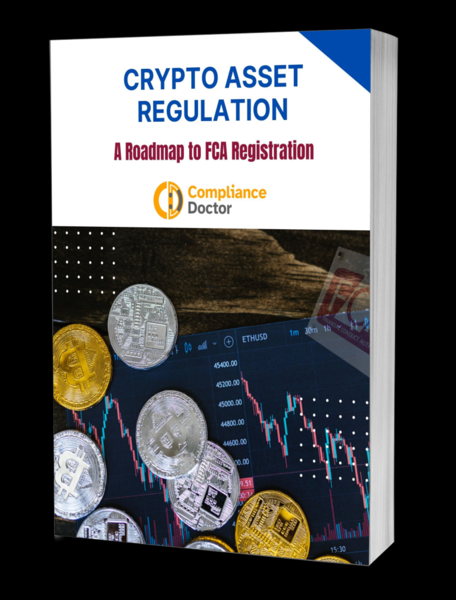




Crypto-Asset Regulation- A Roadmap to FCA Registration
In the era of digital revolution, cryptocurrency has transcended its initial status as a specialized interest, emerging as a dominant force in the global financial landscape. Digital currencies such as Bitcoin, Ethereum, and a multitude of others not only represent a paradigm shift in our perception of monetary value but also pose a formidable challenge to the established regulatory frameworks governing traditional finance. The question arises, then, why is there a significant emphasis on regulation?
What Exactly Are Crypto Assets?
At their core, crypto assets are digital tokens of value or rights, capable of being exchanged, stored, or traded through electronic means. These assets are anchored in blockchain technology, heralding an era of decentralization, fortified security, and in numerous instances, anonymity. Spanning from the ubiquitous cryptocurrencies to tokens denoting ownership or rights, the spectrum of assets within this category is broad and continuously evolving.
The Significance of Regulation
Crypto assets allure investors with the promise of substantial returns, groundbreaking advancements in payment and contractual systems, and the vision of a financial realm unfettered by conventional banking and governmental oversight. Yet, this very appeal draws attention to the risks associated with financial stability, legal compliance, and security. Regulation thus becomes imperative to shield investors, uphold the integrity of markets, and thwart financial misdemeanors such as money laundering and funding of terrorism.
Deciphering FCA Regulation
The Financial Conduct Authority (FCA) of the UK is instrumental in ensuring that businesses dealing with crypto assets operate within a protective framework that safeguards consumer interests and upholds market integrity. But what encompasses FCA regulation for these enterprises, and why is it deemed critical?
The FCA's Role in Crypto Regulation
The FCA's strategy towards regulating crypto activities is centered on the registration and adherence to compliance standards by entities involved in crypto-related transactions, including exchanges, wallet services, and Initial Coin Offerings (ICOs). The objective is to guarantee that these organizations conform to stringent anti-money laundering (AML) and counter-terrorist financing (CTF) criteria.
Evolutions in FCA Regulation
The FCA has increasingly consolidated its control over the crypto sphere in recent years, mirroring the escalating apprehensions regarding the risks digital assets may harbor. Principal regulatory modifications have been aimed at boosting the transparency and accountability of crypto enterprises, especially concerning consumer protection and combating financial crime.
Brexit's Influence on Crypto Regulation
Brexit has introduced additional intricacies into the regulatory framework, distancing the UK from the EU's regulations. This transition necessitates the FCA to delicately balance the act of aligning with international norms while pioneering its approach to oversee the flourishing crypto marketplace.
Affiliates
Like this product?
Spread the word about it and earn 50.00% of the purchase price on sales you refer.
Join our affiliate program